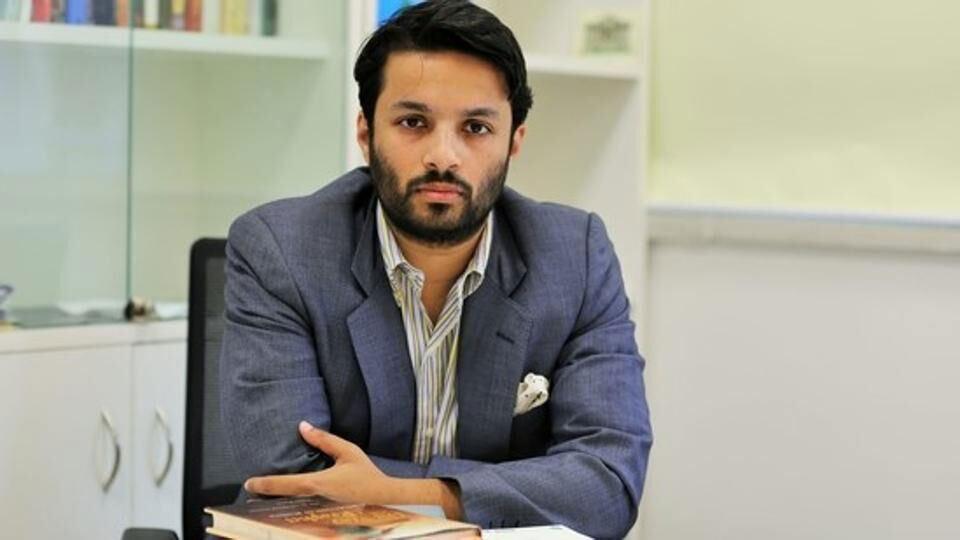
SC to hear professor’s plea against arrest over Op Sindoor post
In a significant development, the Supreme Court has agreed to hear the plea of Ashoka University professor, Ali Khan Mahmudabad, against his arrest over a social media post on Operation Sindoor. The apex court bench, headed by Chief Justice of India (CJI) BR Gavai, has listed the matter for hearing on May 20 or 21.
Professor Mahmudabad was arrested on April 14 by the Uttar Pradesh Police for his social media post on Operation Sindoor, a military operation conducted by the Indian Army in 1987. The post allegedly hurt the sentiments of the Indian Army and the nation. The police had booked him under sections 124A (sedition) and 500 (defamation) of the Indian Penal Code (IPC).
The professor’s arrest sparked widespread outrage and concerns over the erosion of academic freedom in the country. The incident also raised questions over the misuse of power and the suppression of dissenting voices.
Advocate Kapil Sibal, who is representing Professor Mahmudabad, mentioned the matter before the Supreme Court bench, seeking an early hearing. The court agreed to hear the plea, paving the way for a possible reversal of the professor’s arrest.
The development comes at a time when there are growing concerns over the increasing number of arrests and harassment of individuals, particularly those from the academic and literary community, over their online posts and opinions. The incident has also sparked a debate over the need to protect academic freedom and the importance of maintaining a robust and open discussion culture.
Professor Mahmudabad’s arrest has been widely condemned by academics, intellectuals, and civil society organizations, who have called for his immediate release. The incident has also raised concerns over the role of social media in shaping public opinion and the need for responsible usage of these platforms.
In a statement, the Academic Council of Ashoka University condemned the professor’s arrest, saying that it was “a serious attack on academic freedom and the right to freedom of expression.” The council called upon the authorities to release the professor immediately and to take steps to protect the rights of academics and students.
The incident has also attracted international attention, with several human rights organizations and academics from around the world expressing concerns over the professor’s arrest. The incident has also highlighted the need for a robust and independent media to report on matters of public interest and to hold those in power accountable.
The Supreme Court’s decision to hear Professor Mahmudabad’s plea against his arrest is a significant development, as it has the potential to set a precedent for the protection of academic freedom and the right to freedom of expression in the country. The court’s decision will also have far-reaching implications for the academic community, as it will send a strong signal about the importance of maintaining a robust and open discussion culture.
In conclusion, the Supreme Court’s decision to hear Professor Mahmudabad’s plea against his arrest over a social media post on Operation Sindoor is a significant development that highlights the importance of protecting academic freedom and the right to freedom of expression in the country. The incident has sparked a debate over the need to maintain a robust and open discussion culture and the importance of responsible usage of social media. The outcome of the case will have far-reaching implications for the academic community and the country as a whole.






